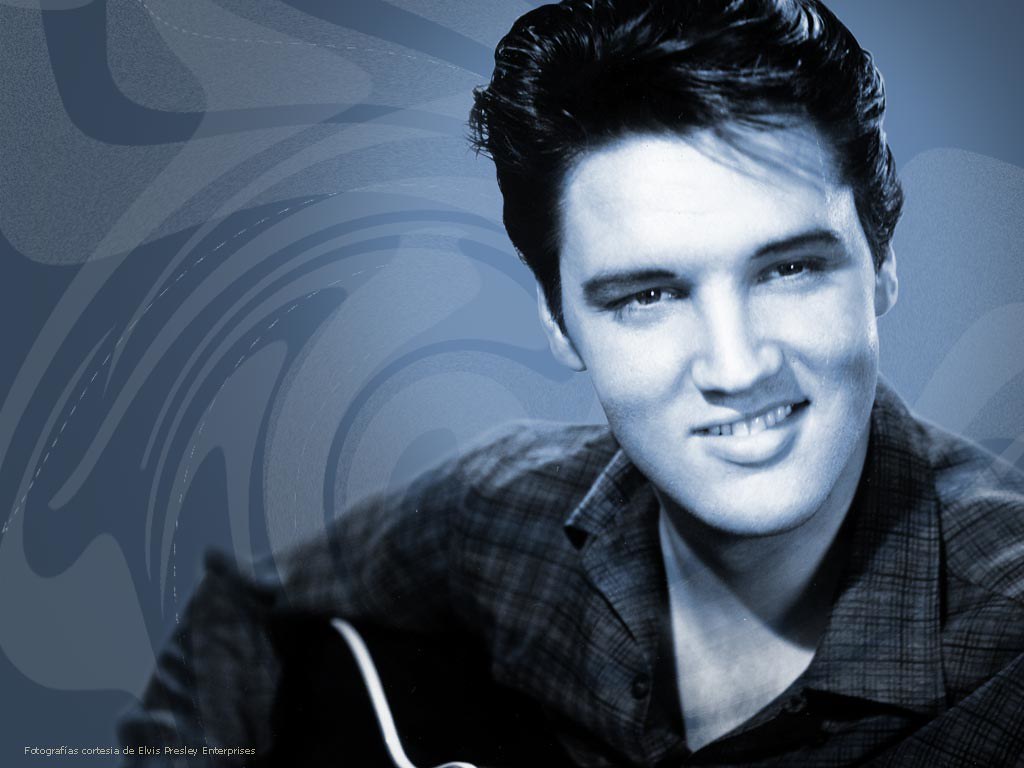Elvis Presley never visited Budapest – So why is he so honoured in the city?

Despite never visiting Hungary, Elvis Presley left a lasting mark on Budapest, earning a public square in his name and inspiring a dedicated fan movement.
Elvis Presley was born on 8 January 1935 in Tupelo, Mississippi, according to Britannica. He became a legendary American singer, widely known as the “King of Rock and Roll,” and was one of the most influential figures in rock music from the mid-1950s until his death. While the nickname “The King” is universally associated with Presley, in Hungary, it has been somewhat overshadowed by the popularity of local pop star Zámbó Jimmy.
Although Elvis Presley never set foot in Hungary, his name is closely tied to Budapest, as highlighted in an article on budappest.hu. In 2011, the city’s leadership posthumously awarded him honorary citizenship and named a public square after him near the Buda side of Margaret Bridge.
Why do Hungarians admire him so much?
By the time of the 1956 Hungarian Revolution, Elvis Presley was already a rising star. According to some sources, news of the revolution deeply moved him, and on 6 January 1957, during his third and final appearance on The Ed Sullivan Show, he performed the gospel song Peace in the Valley as a tribute to the Hungarian people.
At Presley’s request, host Ed Sullivan urged viewers to donate in support of Hungarian refugees, an appeal that led to a significant outpouring of aid.
While the connection between Elvis Presley and the 1956 Hungarian Revolution is touching, aspects of the story remain debated.
There is no definitive evidence proving that Presley personally dedicated his performance to the Hungarian people or directly spoke out on their behalf. However, it is a fact that Ed Sullivan made a fundraising appeal during the show, which resulted in considerable financial support for Hungary.
Elvis Presley in Budapest
In 2011, Budapest’s municipal government decided to recognise Elvis Presley’s sympathy and support for the 1956 revolution. As a tribute, he was granted honorary citizenship posthumously, and a small public area near the Buda side of Margaret Bridge was named Elvis Presley Square. The name was chosen through an online public vote, in which his name emerged victorious.
City officials in Budapest’s District II anticipated that the street sign would be popular among fans, but they did not expect it to become a frequently stolen souvenir. To address this, they eventually replaced the original signs with cheaper plastic versions to deter theft.
A statue and community efforts
Elvis Presley’s impact on global music is undeniable, and he also has a strong fan base in Hungary. In Budapest’s Elvis Presley Park, located near Margaret Bridge, the Hungarian Elvis Club has been working on a project to erect a statue in his honour.
The club launched the initiative in 2017, aiming to place a life-sized statue of Elvis playing the guitar while sitting on a bench, allowing visitors to sit beside him and take photos. Sculptor László Kutas was commissioned to design the statue.
To fund the project, the club organised a donation campaign, calling on fans and supporters to contribute. The donations varied in size, with the largest being 100,000 forints and the smallest 300 forints. Interestingly, the first donation came from a Japanese fan, and even the Japanese Elvis Club participated in the fundraising efforts.
Priscilla Presley, Elvis’ former wife, visited Budapest in 2018 and learned about the statue initiative. She expressed her support and appreciation for the project, as well as her hope that the statue would be successfully installed.
Despite substantial backing, the statue has yet to be realised. The Hungarian Elvis Club remains committed to the project and continues to raise funds and secure the necessary permits for its completion.
The club also regularly organises events and commemorations at Elvis Presley Park, keeping the singer’s memory alive and promoting his legacy in Hungary.
Click here to read or share this article in Hungarian: Helló Magyar
Read also:







